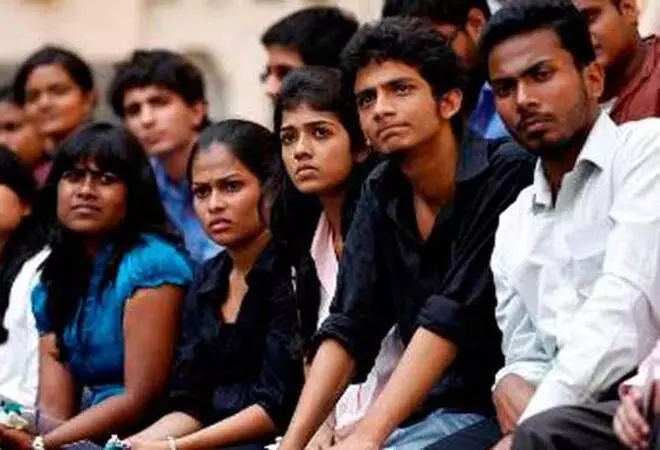Jobless in India?
A worrying proportion of Indian youth don’t have jobs; its solution should be every political party’s election issue

Having a job is a blessing; having a good job is a privilege. As election season heats up in India, the latest India Employment Report 2024 released by the Institute for Human Development and International Labour Organisation (ILO) contains some startling and sobering facts on the current job(less) scene in the country. Startling as it uncovers a crisis situation (there’s no sugar-coating this) and sobering because it reveals a possible “hype” (as termed by former Reserve Bank of India (RBI) Governor Raghuram Rajan) surrounding economic growth.
Consider these alarming takeaways — a worrying 83 per cent of jobless Indians are youth. It’s equally disturbing that there are more educated unemployed youth in India today than earlier. The proportion of unemployed youngsters, with at least secondary education, has almost doubled from 54.2 percent in 2000 to 65.7 percent in 2022. If being educated can’t guarantee you jobs, then what can? The dropout rate post-secondary education, particularly in poorer states and among marginalised groups, continues to stay high. While noting “paradoxical improvements”, the picture painted by the ILO report is grim. For instance, the likelihood of joblessness was higher for those who had completed secondary education or higher (18.4 per cent) and graduates (29.1 per cent) than for the illiterate (3.4 per cent) in 2022. As always, women had it worse with more educated young women (21.4 per cent) without vocation than men (17.5 per cent); of these there were more unemployed women graduates (34.5 per cent) than their male counterparts (26.4 per cent). The yawning gender gap also underscores the uninspiring rate of female labour force participation rate (LFPR), with India continuing to totter at the end of the line. Female participation in the workforce was 32.8 per cent in 2022 compared to male participation of 77.2 per cent.
Slow shift to non-farm employment, more women in unpaid family work, social and ethnic inequities dictating less access to jobs, and inert or lessening pay, are all exceedingly worrying trends. The report also suggests that there would be increased migration touching almost 40 per cent by 2030. The movement from eastern and central regions of India to southern, western, and northern zones would further distress our already exhausted urban centres. Heightened urbanisation and concretisation would spell doom for the environment and strain resources such as water while exacerbating the twin problems of traffic and pollution. This exploitation of limited supplies, will ultimately turn Indian metros unlivable.
I agree with the Chief Economic Adviser (CEA) V. Anantha Nageswaran — the onus of creating employment can’t lie with the government alone. But the government must also provide a stable regulatory environment that allows businesses to prosper and expand, which would in turn lead to hiring needs. The public private partnership (PPP) model is unavoidable if the nation intends to tide over the current bleak scenario. Job creation in tier 2 and 3 India, better skilled workforce, and more jobs in the farm sector will be essential
The data released by the ILO strengthens the fears of jobless growth, and an alarming situation that will further expand the divide between the haves and the have-nots. If we don’t provide quality employment, especially to our youth, entire generations will languish in poverty or slip back into it.
The government and members of the administration would also do well to remember that lack of gainful employment can lead to social and economic unrest. Imagine lakhs of youth full of adrenaline, energy, and dreams, and yet no constructive outlet or utilisation of their prowess. It won't take long for jobless young adults to become “misguided youth” prone to addiction, crimes, and in an increasingly religiously charged country, used as lumpen elements. With an accommodative and encouraging policy atmosphere, MSMEs and startups can emerge as leading job creators. And that role has to be assumed by the government. The lack of jobs and the way to solve the lacuna should be the foremost election issue. But politicians won’t care, if we don’t demand it.
The writer is an author and media entrepreneur. Views expressed are personal




